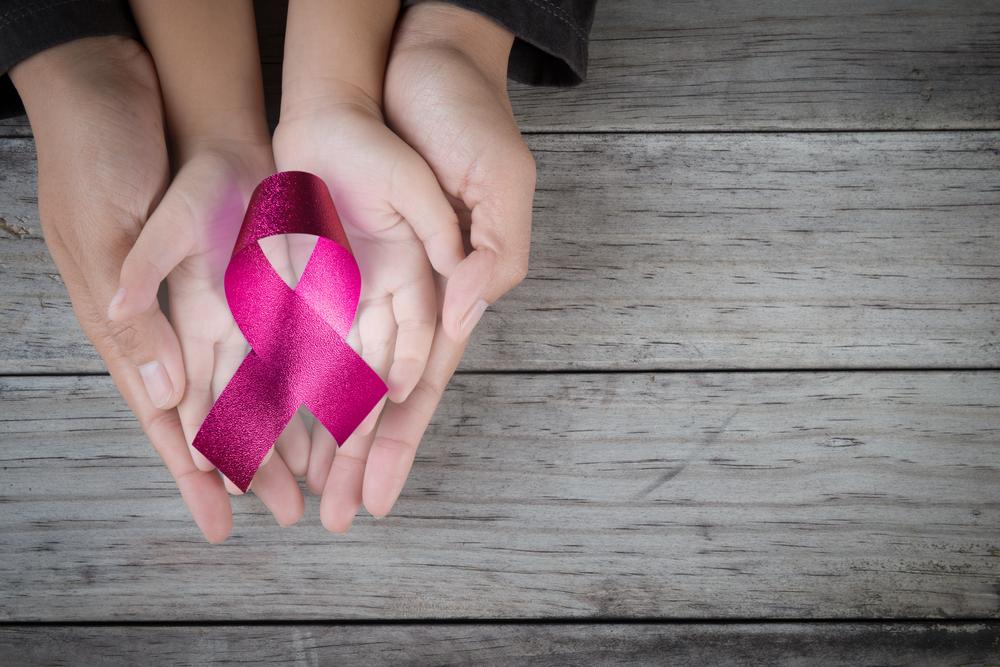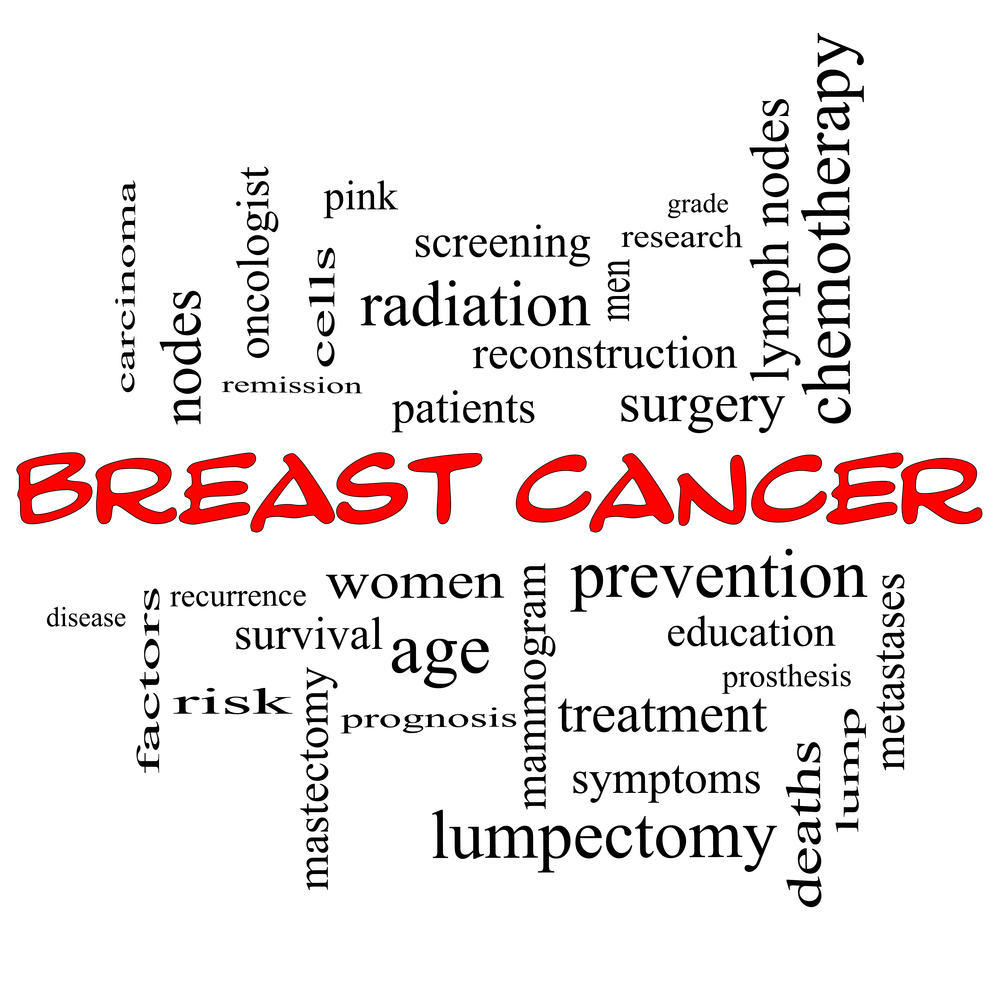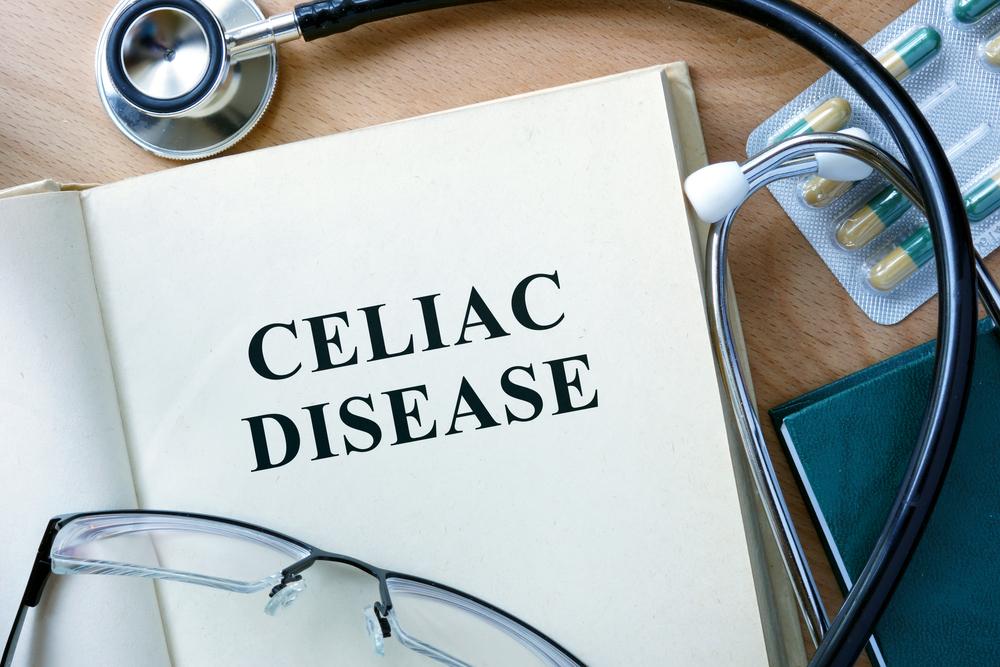How Chemotherapy Enhances Breast Cancer Treatment Outcomes
Discover how chemotherapy enhances the treatment of breast cancer by targeting and destroying cancer cells, reducing recurrence, and improving survival rates. Learn about common medications, treatment schedules, and the importance of personalized care for better outcomes.

How Chemotherapy Enhances Breast Cancer Treatment Outcomes
Breast cancer remains one of the most prevalent cancers affecting women worldwide, with millions diagnosed annually. Early detection significantly improves survival chances. Chemotherapy is a vital treatment that employs potent medications to destroy cancer cells rapidly. By disrupting cell division and growth, chemo reduces the risk of cancer recurrence post-surgery and radiation.
This approach, known as adjuvant therapy, targets cancer cells that may have spread beyond the primary tumor. Doctors carefully determine when to start chemotherapy, select appropriate drugs, and plan schedules. It’s crucial for patients to understand potential side effects.
Common drugs for early-stage breast cancer include anthracyclines like epirubicin and doxorubicin, and taxanes such as paclitaxel and docetaxel. These are often combined with medications like cyclophosphamide, fluorouracil, or carboplatin. HER2-positive treatments may involve 5-FU, Cytoxan, lapatinib, pertuzumab, or trastuzumab-based therapies.
Chemotherapy can be administered before surgery, after, or for secondary disease. While many treatments are outpatient, some require hospital stays overnight. Expect multiple sessions with breaks for recovery; timing varies from weekly to every few weeks. The regimen is tailored to each patient for optimal results.
Note: Our blog offers extensive information to help readers understand breast cancer treatments. Always consult your healthcare provider for personalized advice, as this content is for informational purposes only and may not reflect the latest medical updates.










